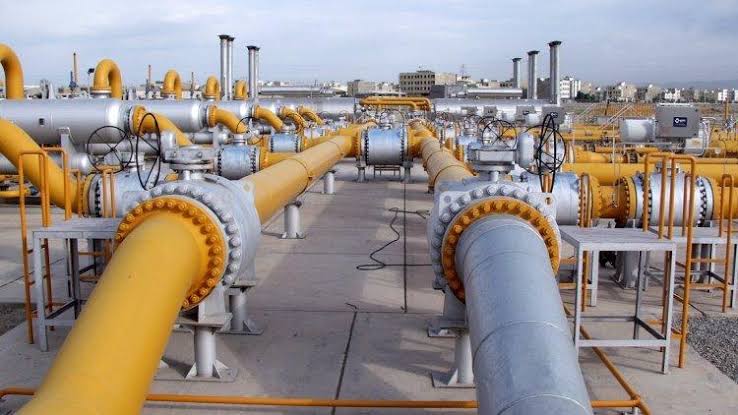As global oil and gas investors search for fertile and investment friendly environment to put their money, the Federal Government of Nigeria has been advised to urgently put things in proper perspective in order not to lose the opportunity to other countries in Africa.
Given the advice in his column, the Executive Chairman, African Energy Chamber, NJ Ayuk, said Nigeria, a previous bright spot on big oil and gas investors’ radar screens, had dimmed substantially as investor attention is increasingly drawn to new and emerging developments in Namibia, Ivory Coast, Angola, and the Republic of Congo.
He said with two-thirds or more of its revenue coming from oil, investor flight was a serious problem for Nigeria. Ayuk, an analyst with deep knowledge in oil and gas, said big foreign players, including TotalEnergies and Shell, were exiting or shifting their priorities in Nigeria, rattled by a variety of deleterious forces: an uninviting regulatory environment, lack of transparency, safety issues, vandalism, and theft, among other factors.
According to him, “for a country whose economy is dependent on fossil fuels, this divestment by majors, totaling around £17 billion since 2006, is catastrophic. Nigeria’s 37 trillion barrels of reserves can do the country no good underground.
“Among those looking to pull out of the country, at least in part, is France’s TotalEnergies. The company is seeking to sell its share of Shell Petroleum Development Company of Nigeria, Limited (SPDC), although it will continue to have 18 per cent of its investments in Nigeria.”
He recalled that TotalEnergies CEO, Patrick Pouyanne, had said his company hasn’t explored for oil in Nigeria for 12 years, explaining, “there is always a new legislature in Nigeria about a new petroleum law.
When you have such permanent debates, it’s difficult for investors looking for long-term structure to know what direction to go.”
Ayuk said TotalEnergies’ stance highlighted the obvious — investors want predictable environments and simple, trustworthy systems of regulation.
A dearth of these factors seems to have trumped the fact that Nigeria yet contains large reserves that could be tapped. “Five global oil companies are still working in the country, but three of those Shell, Eni, and ExxonMobil are selling in-country assets valued at £1.8 billion, £4 billion, and £11.9 billion, respectively.
“Both Shell and Eni have stated an intent to continue operating in Nigeria’s offshore sector, and ExxonMobil has expressed a commitment to continued investment in Nigeria.
“Nigerian companies such as Seplat, Aiteo, and Eroton have moved quickly to buy divested assets. So has the Nigerian government, which has been named top bidder for 57 oilfields and granted licenses to 130 firms for development.
“I am pleased to see indigenous companies seizing these opportunities created by divestments. I also urge them to take serious measures to control emissions and limit flaring, as large international firms have.
He, however, acknowledged that on March 2024 some much needed federal policy reforms to Nigeria’s petroleum industry were introduced in the form of presidential executive orders and policy directives.
The reforms are aimed at improving the country’s investment environment and reinvigorating growth in its petroleum industry. The changes include investor tax credits, an investment allowance, simplifying contracting procedures, and easing local content rules.
The tax credits apply to non associated gas greenfields — that is, new ventures — both on – shore and in shallow water and vary according to hydrocarbon liquids (HCL) content.








